Phytochemistry
Introduction
Phytochemistry, also known as plant chemistry, is the study of phytochemicals, which are chemicals derived from plants. These chemicals help to protect the plant from various diseases and also contribute to the plant's color, smell, and flavor. Phytochemistry is a branch of chemistry and botany, focusing on the study of the chemicals involved in plants.


History
The history of phytochemistry dates back to the ancient times when humans started to use plants for medicinal purposes. The first recorded use of plants for healing dates back to the Neolithic period, where evidence suggests that plants were used for medicinal purposes. The field of phytochemistry grew with the understanding of plant biology and the development of chemical analysis techniques.
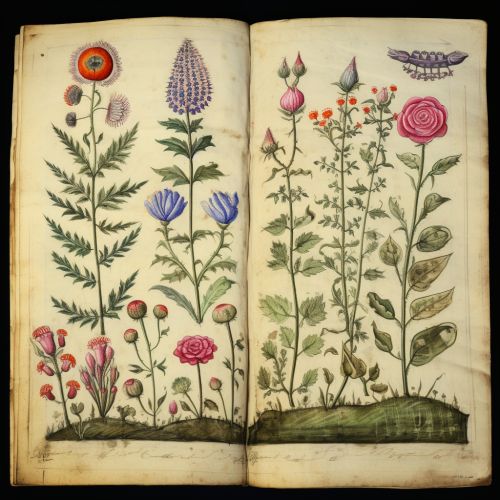

Phytochemicals
Phytochemicals are bioactive compounds found in plants that have been associated with positive health effects. They are classified into several categories including alkaloids, flavonoids, terpenes, and polyphenols. Each class of phytochemicals has unique chemical structures and biological activities.

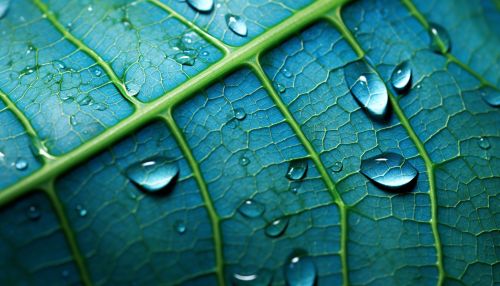
Alkaloids
Alkaloids are a class of naturally occurring organic compounds that mostly contain basic nitrogen atoms. They have a wide range of pharmacological effects and are used in medicine for their analgesic, anti-inflammatory, and antimicrobial properties.
Flavonoids
Flavonoids are a diverse group of phytochemicals found in almost all fruits and vegetables. They are known for their antioxidant, anti-inflammatory, and anti-cancer properties.
Terpenes
Terpenes are a large and diverse class of organic compounds produced by a variety of plants. They are known for their strong odors and are often used in essential oils.
Polyphenols
Polyphenols are a structural class of mainly natural, but also synthetic or semisynthetic, organic chemicals characterized by the presence of large multiples of phenol structural units. They are known for their antioxidant properties and potential health benefits.
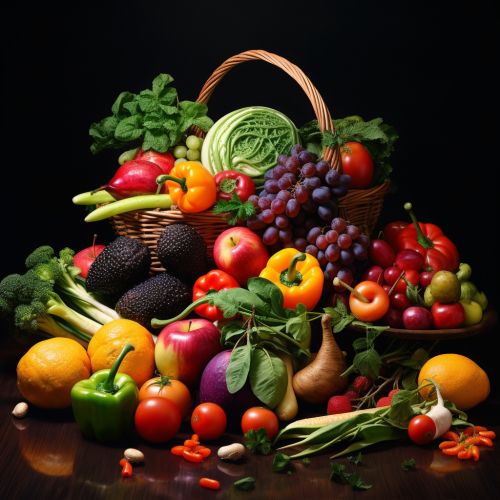
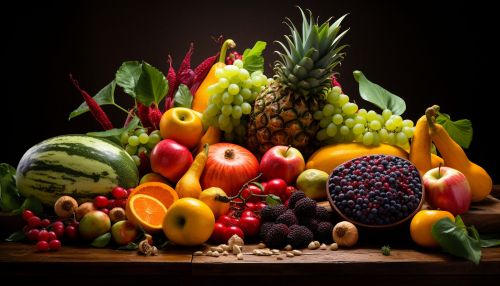
Extraction and Analysis of Phytochemicals
The extraction and analysis of phytochemicals involve several steps including the selection of plant material, extraction process, and analytical techniques. The selection of plant material is a critical step as the type of plant, part of the plant used, and the time of harvest can significantly influence the phytochemical content.
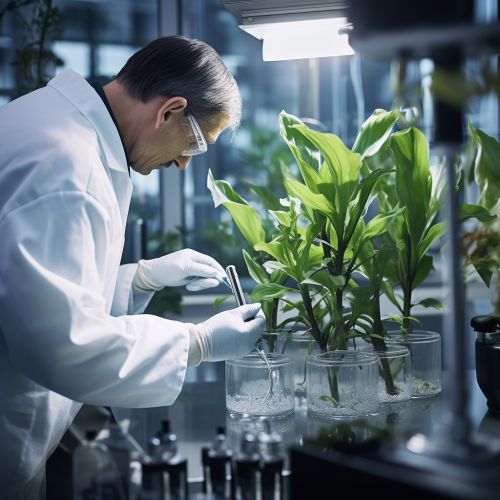
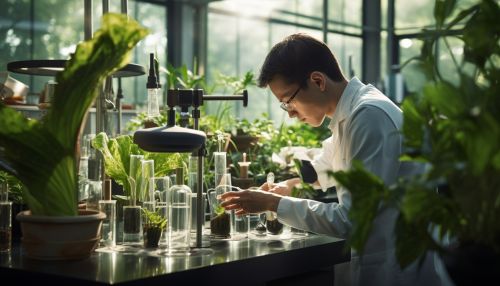
The extraction process involves the use of solvents to extract the phytochemicals from the plant material. The choice of solvent depends on the type of phytochemicals being extracted. Common solvents used include water, ethanol, and methanol.
Analytical techniques used in phytochemistry include chromatography, spectroscopy, and mass spectrometry. These techniques allow for the identification and quantification of the phytochemicals in the plant material.
Applications of Phytochemistry
Phytochemistry has a wide range of applications in various fields including medicine, agriculture, and food industry. In medicine, phytochemicals are used for their therapeutic properties. In agriculture, they are used for their pesticidal properties. In the food industry, they are used as natural food additives and colorants.

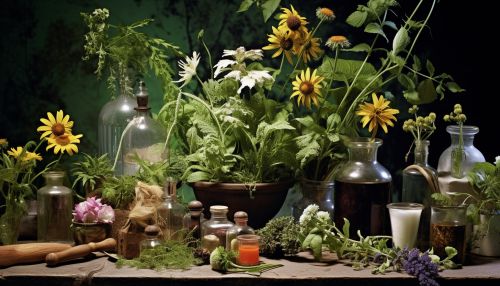
Future Directions
The future of phytochemistry lies in the discovery of new phytochemicals and their potential applications. With the advancement in technology, it is now possible to analyze the complex mixtures of phytochemicals in plants. This will lead to the discovery of new phytochemicals and their potential uses.
